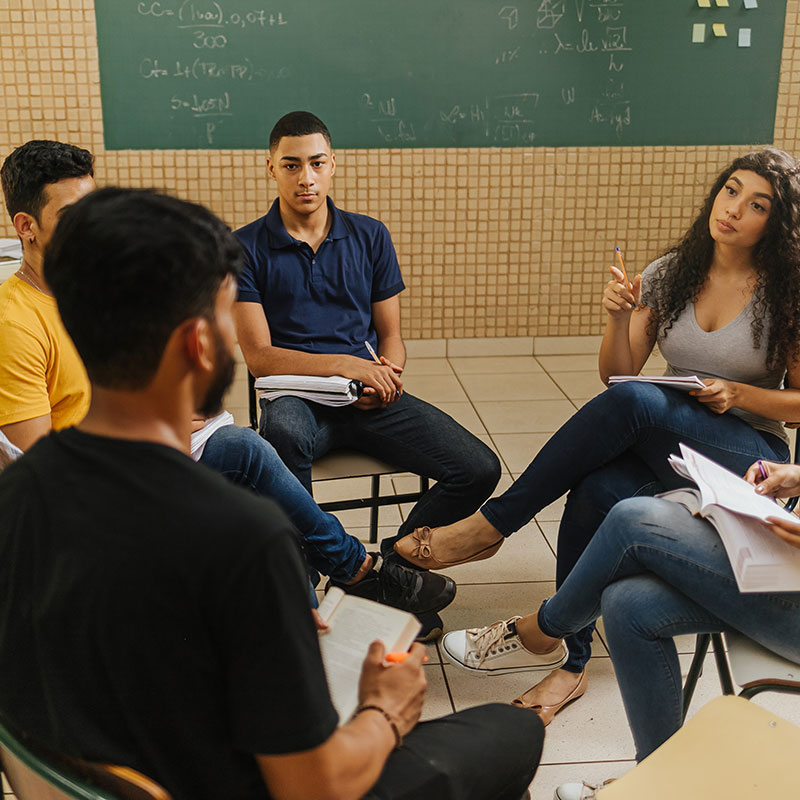
6 Courses

Black Ally Program
Anti-Black sentiments are evident in society and within our nation's schools, colleges and universities. Participants will learn how Anti-Blackness manifests in these arenas and the impact this has on the climate experienced by Black students and educators. Participants will explore pro-Black frameworks and strategies to create transformative environments that actively demonstrate that Black lives and minds matter.

LatinX Ally
Many colleges have opportunities for students and educators to participate in ally programs. These programs are essential to create an understanding of challenges facing specific populations and strategies that can be employed to foster a more welcoming and supportive environment. Campuses that seek to foster enhanced outcomes for LatinX students and educators must similarly ensure that their communities are engaged in professional learning that enhances their ability to support their LatinX community. While many organizations have released statements affirming their support of LatinX people and communities, these statements must translate to real change and action. Expanding on our cornerstone Black Ally program, we will explore frameworks and strategies toward addressing this phenomenon that are sustainable, transformative and rooted in justice at both the individual and institutional levels.
Racelighting
This five-part course series addresses how schools, colleges, and universities can address racelighting. Racelighting is an act of psychological manipulation where people of color receive racial messages that distort their realities and lead them to second-guess themselves.

Black Minds Matter
Black Minds Matter is a public series that is designed to raise the national consciousness about issues facing Black students in education. The series intentionally addresses the pervasive undervaluing and criminalization of Black minds. Tangible solutions for promoting the learning, development, and success of Black students are offered.

Racial Microaggressions
This program provides school, college and university educators with an introduction to racial microaggressions and their numerous manifestations in educational settings. The program also provides recommendations on how to reduce the prevalence and influence of microaggressions on recipients.

Unconscious Bias
This program is designed to provide an introduction to the topic of unconscious bias to school, college, and university educators. The program highlights variation definitions of unconscious associations, discusses the influence of these associations on student success and provides pathways to better understand unconscious bias in education.